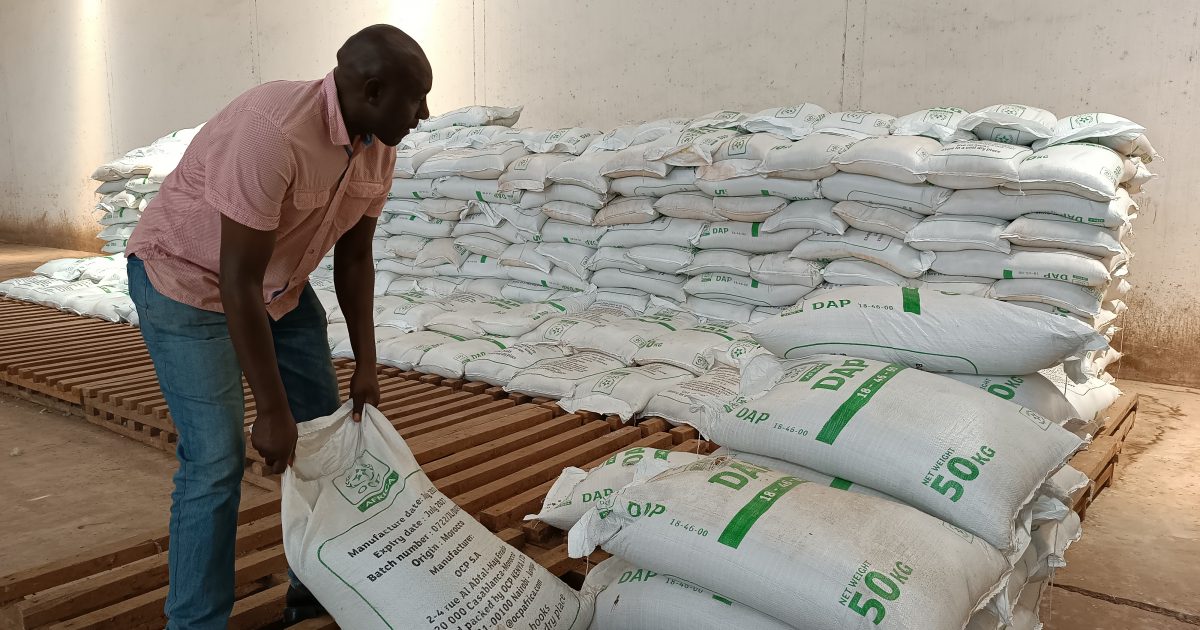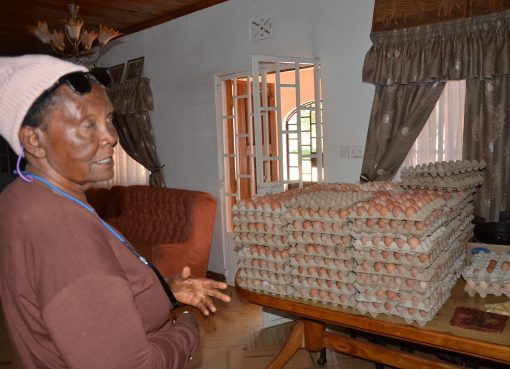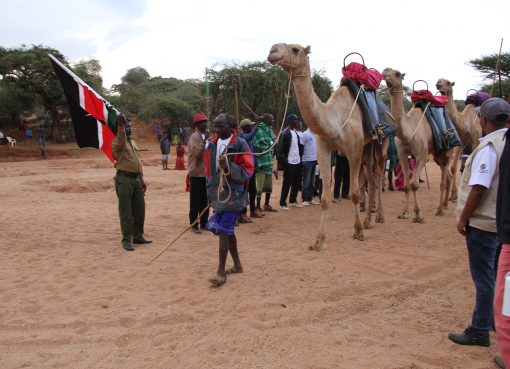Homa Bay County Government through the department of Agriculture has received 2,240 bags of subsidised fertiliser from the National Government to enhance food security in the region.
This comes barely two weeks since Deputy President Rigathi Gachagua flagged off the distribution of subsidised fertiliser to reach farmers in the various parts of the country to combat the current food shortage facing some regions in the nation.
DP Gachagua had directed that the fertiliser be sold to farmers at Sh3, 500 down from Sh6, 000 per 50kg bag to reduce the cost of food production.
Speaking to KNA, Homa-Bay County Director of Agriculture Charles Nyayiera said that they have received 2,240 bags of fertiliser for local farmers, adding that the uptake of the commodity is high after its cost was reduced by about 45 percent.
“The uptake of the fertiliser has risen since we received them and only 500 bags are remaining at the National Cereals and Produce Board (NCPB) depot in Homa Bay Town,” said Nyayiera.
Nyayiera said that they have identified two deports in Homa-Bay town and Kendu-Bay in Rachuonyo North Sub County where farmers can buy the fertiliser at an affordable price to boost their agricultural production.
The Director encouraged all farmers within the county to go for the fertiliser adding that registration is done as they receive the commodity at NCPB Depot.
“We urge all farmers to register as they buy the fertiliser because the government wants to ensure that the consumers are from within the county for accountability purposes,” the Director said.
A section of local crop farmers in the region has welcomed the move by the National Government to dispatch subsidised fertiliser across the county to enhance food security.
They appealed to the government to distribute more bags of fertiliser in the county to meet the high demand by local farmers who are in need of the commodity.
Francis Oketch, a farmer from Ndhiwa Sub-County urged the government to help them by adopting the E- Subsidy programme to ensure that the fertiliser is delivered to the nearby agro vets.
“Farmers are spending a lot on transport as we go for the commodity at the stores located far away, yet the government can employ a modern way of distribution,” said Oketch.
By Brian Odhiambo and Davis Langat





